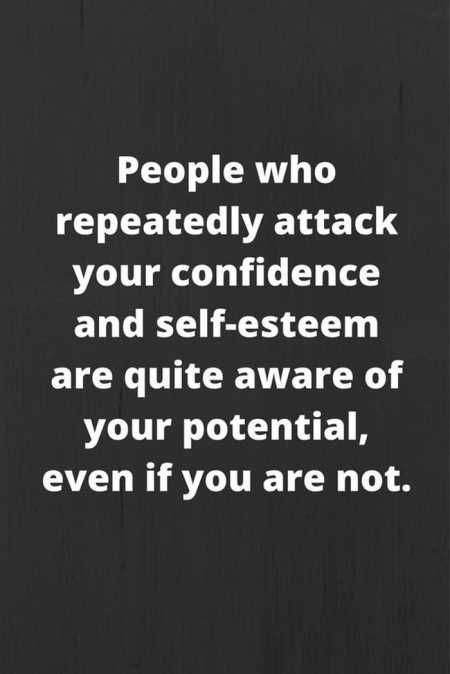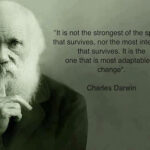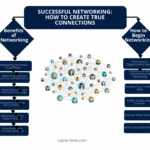“Confidence is like a muscle. The more you use it the stronger it gets.”
Hit on Self-Belief
“I believe in myself and trust in abilities to succeed in all I do”
The first assault on our self-belief comes from people – the bullies, critics, and straight forward cussed creatures who knowingly or unwittingly blight our daily lives. In the course of daily chapters, we will look at how to handle challenging interpersonal situations as well as building supportive relationships that can see us through difficult times.
SEE ALSO : Important Lessons To Live Free From Fear
SEE ALSO : 3 Types Of Self Confidence
Self-Inflicted damage
“All pressure is self-inflicted. It’s what you make of it or how you let it rub off on you”
The Second one is self-inflicted damage. We penalize ourselves for our mistakes and failings, load ourselves with unrealistic expectations and exaggerate our fears and worries. We will consider how to counteract such self-generated negative activity, and will see how effective presentation and calm, assertive behavior can not only persuade others of our self-assurance, but can convince ourselves too.
Events
Third comes events. We will look at strategies for dealing with setbacks and crises, and reducing the stress that is so much a part of contemporary working life.
SEE ALSO : Power of Self Control
Lack of planning and direction
“Efforts and courage are not enough without purpose and direction”
And last one is lack of planning and direction. We will see that clarity about where we are heading and focus on where to direct our energies can greatly increase our sense of being in control.
How to overcome it
The sense of control is a major ingredient of self-belief and forms a recurrent theme throughout the book. Being in control is about the extent to which we feel in charge of our working lives – how far we are able to influence what happens to us. Do we have authority over our action and reactions or are we being helplessly swept along? It about what we attach importance to and how we react to people and situations. It doesn’t mean seeking to direct others, but rather making sure that we don’t hand control of our confidence to them. Too often we do this by allowing ourselves to be unduly affected by other people’s behavior and attitudes.
SEE ALSO : How to Build Self Confidence
Perhaps most prominently, being in control is to do with how we think about ourselves. It’s a matter of being realistic – owning up to our weaknesses and doing something about them – but also of taking full account of the evidence that contradicts our irrational fears, worries and negative self-talk. It means working to promote our positive attitudes and trusting ourselves to succeed.







